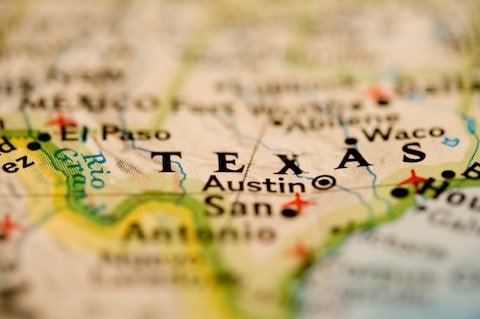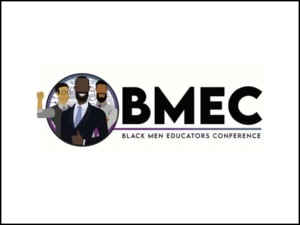#TCEA14: What Would You Do if John Quinones Was Your Keynote?

The host of popular television show ‘What Would You Do?” John Quinones closed the convention with a simple message: don’t forget the human element of what you’re learning.
From his own upbringing, Quinones shares his story growing up in the barrios of San Antonio, speaking only Spanish, shining shoes to help support his family before becoming migrant farmers, picking tomatoes. It was in those fields that he realized that was not what he wanted to do with his life. He set out to discover his talents and learn what it would take to achieve his dream of becoming a journalist. All throughout his time in high school, he was confronted (by peers and adults alike) with the reality of stereotypes and the ways they shape our culture and preconceived notions.
Despite the cacophony of negativity, he decided to try out for the part of Romeo. He got it. He submitted some writing to his school newspaper and was shortly made the editor. Through all of this, he says, “don’t listen to the negative messages that society gives us, especially to people of color.” He wanted more. He would practice his accent for hours, getting feedback from the local radio station’s janitor. Then his “big” break: a 5-second local voiceover at the end of the national ad. Then another break. And another. He wasn’t listening to the negative messages all around him; instead, he moved to New York and was accepted at Columbia.
After Columbia, he landed a job in Chicago, where he immediately went to work as an investigative journalist, beginning with a controversial piece on immigration. Posing as an immigrant himself, he went through the entire process of being an illegal immigrant working for a kitchen and documenting the stories of the other workers. It was through the stories of these workers that he reflects how a journalist is a candle in the darkest room, illuminating issues of injustice.
Working with Peter Jennings, he was given this advice, “don’t worry about talking to the movers and the shakers of the world, talk to the moved and the shaken.” So that’s what he set out to do: impact the culture by telling the stories that many in power don’t want you to hear. Story after story, he found the moved and the shaken and gave them a voice and an opportunity for a new life as governments were forced to respond.
His show, “What Would You Do?” seeks to bring the same kinds of change, this time he wants to challenge how folks like you and I view the world and how we might act in a given scenario. He wants us to consider the human elements of life: empathy, consideration, courage.
As you think about your students and your classes, don’t just think about the rules, think about the people looking back at you. They will demonstrate what you have modeled for them. When you go back to work next week, will you teach with your heart? Will you remember the human element of teaching?
 Greg Garner is currently an Educational Technologist at Eanes ISD in Austin, TX and is our “teacher blogger on location” for the week- covering all the great events, sessions and learning happening at the TCEA Conference. Follow him on Twitter at @classroom_tech and find him at the conference to say hi in person.
Greg Garner is currently an Educational Technologist at Eanes ISD in Austin, TX and is our “teacher blogger on location” for the week- covering all the great events, sessions and learning happening at the TCEA Conference. Follow him on Twitter at @classroom_tech and find him at the conference to say hi in person.





0 Comments
Leave a Comment
Your email address will not be published. All fields are required.